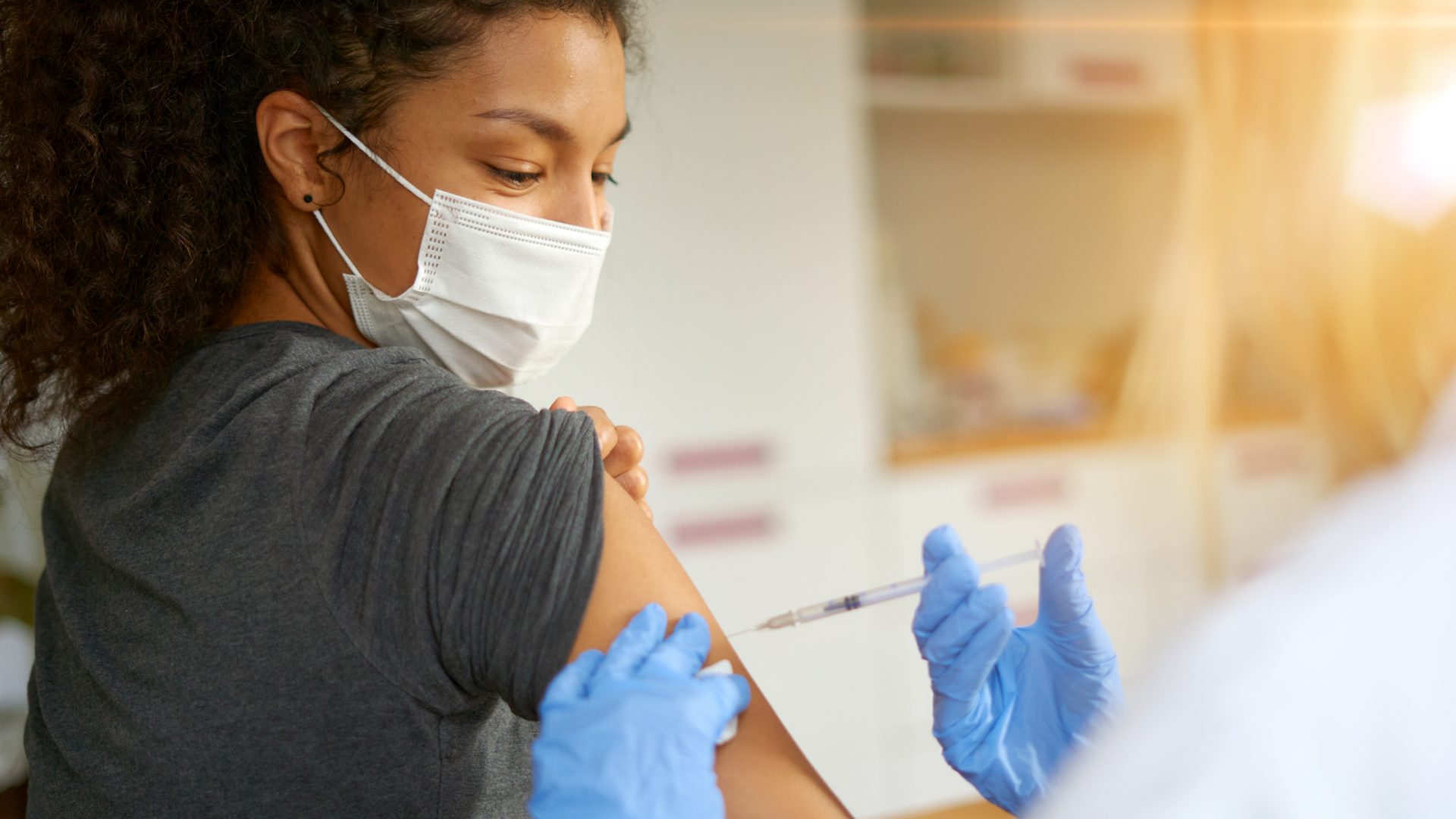Patients with systemic lupus erythematosus (SLE) are at high risk of severe disease from COVID-19 due to underlying immune dysregulation and prolonged use of immunosuppressants. Recent evidence suggests lupus drugs can also impact clinical and serological responses to vaccination against the virus, with higher rates of hospitalizations and attenuated seroreactivity in patients with immunosuppressed rheumatic disease following initial vaccination with an mRNA COVID-19 vaccine.
According to new research published in The Lancet Rheumatology by Amit Saxena, MD, an assistant professor of medicine, patients with lupus who receive an additional dose of COVID-19 vaccine are significantly less likely to have a subsequent SARS-CoV-2 infection compared with patients who only receive the initial vaccine series.
“Our research shows that booster or additional vaccine doses are critically important for protection against breakthrough infection in patients with lupus,” Dr. Saxena says. “The arrival of the Omicron variant provided us with more comprehensive data and a larger sample size to bolster our confidence in booster doses.”
Severe Disease and Hospitalization
The new study evaluated the clinical efficacy and seroreactivity of vaccination against SARS-CoV-2 among 163 patients from the NYU Lupus Registry who had received an initial vaccination series with or without an additional vaccination dose. By analyzing patient encounters and chart review, the researchers tracked the occurrence of breakthrough SARS-CoV-2 infections after vaccination for at least six months following the initial vaccination series or until breakthrough infection.
For confirmation of breakthrough infection, a positive PCR or antigen-based test was required, either self-reported or performed at a clinical site.
“The rarity of severe disease in vaccinated patients with SLE and COVID-19 exemplifies the protective effect of vaccination in those at high baseline risk, especially compared with earlier in the pandemic.”
Amit Saxena, MD
Dr. Saxena and colleagues reported that 22 percent of patients who received an additional vaccine dose had a breakthrough infection versus 42 percent who did not, adding that among 44 total breakthrough infections, only 2 patients were hospitalized due to COVID-19, both of whom improved clinically and were subsequently discharged. In addition, no deaths related to COVID-19 occurred.
“The rarity of severe disease in vaccinated patients with SLE and COVID-19 exemplifies the protective effect of vaccination in those at high baseline risk, especially compared with earlier in the pandemic,” Dr. Saxena explains.
Clinical Recommendations
Given the inherent risks in this patient population, Dr. Saxena recommends that all patients with lupus should be fully vaccinated against COVID-19 and receive a booster dose to enhance or restore protection that may have diminished over time following the primary series vaccination.
As the COVID-19 pandemic continues to evolve, Dr. Saxena and colleagues plan to keep monitoring vaccine effectiveness, especially against severe disease in high-risk patients with rheumatic disease.
“Ongoing surveillance programs to detect and classify new viral variants will be essential to inform policy and recommendations about booster vaccines in patients with lupus,” Dr. Saxena adds.






